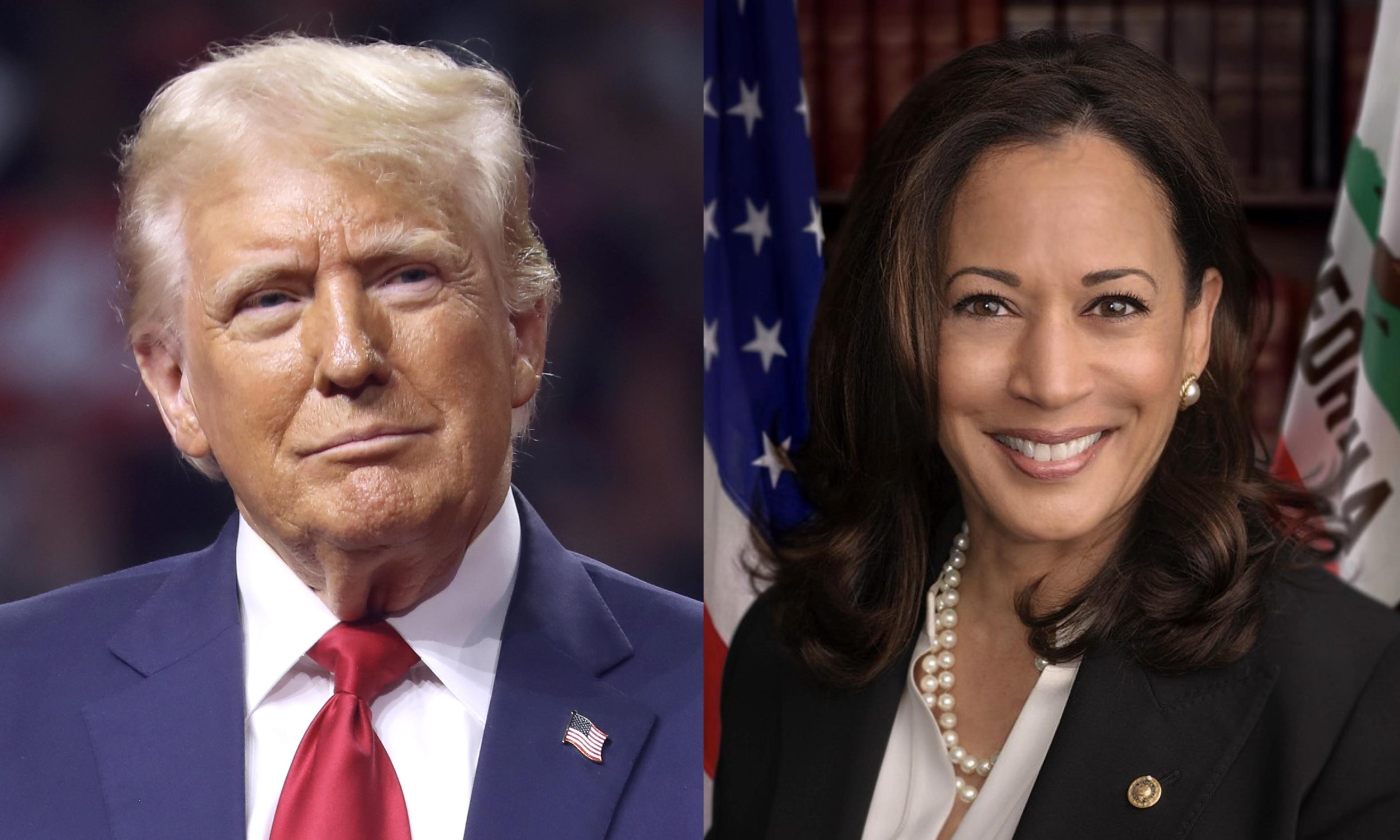The U.S. Supreme Court has ruled in a 6-3 decision to uphold Virginia’s decision to remove approximately 1,600 suspected non-citizens from its voter rolls, a decision that has fueled nationwide debate on voter rights and election integrity. The court’s ruling gives Virginia the go-ahead to purge these individuals from its registered voter list, with supporters citing the need for election security and opponents arguing that it risks disenfranchising eligible voters.
The court’s conservative majority sided with Virginia’s policy, stating that maintaining accurate voter rolls is essential to preserving the integrity of elections. “States must have the authority to verify and ensure that only eligible citizens vote,” the court’s majority opinion stated. The ruling comes amid a broader national conversation about voting rights and state powers to regulate election processes.
Justice Samuel Alito, writing for the majority, emphasized that the decision to remove suspected non-citizens was based on “reasonable and lawful measures.” According to Alito, allowing states to monitor and maintain their voter registration lists is not only constitutional but also necessary to uphold democratic processes. “It is well within a state’s rights to prevent ineligible individuals from participating in elections,” he wrote.
The ruling has drawn mixed reactions across the political spectrum. Supporters argue that removing individuals who are not legally permitted to vote is a crucial step in ensuring election integrity. “Allowing non-citizens to remain on the voter rolls undermines the legitimacy of our elections,” said Virginia Attorney General Jason Miyares, who has been an advocate for stricter election security measures. “This decision upholds the importance of protecting the rights of legitimate voters.”
However, critics of the ruling, including civil rights organizations, argue that the policy risks sweeping up eligible citizens mistakenly identified as non-citizens, effectively disenfranchising them. Justice Sonia Sotomayor, one of the three dissenting justices, voiced concerns in her dissenting opinion, arguing that the ruling “opens the door for eligible voters to be wrongfully purged based on bureaucratic errors.” She further stated that such a decision could disproportionately impact vulnerable communities, potentially affecting citizens who may lack the resources to contest their removal.
Voting rights advocates fear that this ruling could set a precedent for other states to adopt similarly aggressive measures in purging their voter rolls. “This decision could signal a new wave of voter roll purges, leading to the disenfranchisement of eligible voters across the country,” said Lawrence Jacobs, a policy analyst with the Voting Rights Defense Project.
In Virginia, election officials plan to begin removing names from the voter rolls based on the Supreme Court’s decision, and those identified as non-citizens will receive notices informing them of their removal. Individuals who believe they have been incorrectly purged will have an opportunity to appeal and provide proof of citizenship to regain their voting rights.
As the nation moves closer to the next election cycle, the court’s ruling has intensified the debate over voter rights, access, and security. For now, Virginia’s decision to purge its voter rolls reflects a larger tension in American politics, as states grapple with balancing election integrity and accessibility.



 Trump Warns Iran as Gulf Conflict Disrupts Oil Markets and Global Trade
Trump Warns Iran as Gulf Conflict Disrupts Oil Markets and Global Trade  Russia Signals Openness to U.S. Security Guarantees for Ukraine at Geneva Peace Talks
Russia Signals Openness to U.S. Security Guarantees for Ukraine at Geneva Peace Talks  Trump Says U.S. Combat Operations in Iran Will Continue Until Objectives Are Met
Trump Says U.S. Combat Operations in Iran Will Continue Until Objectives Are Met  Israel Launches Fresh Strikes on Iran After Death of Supreme Leader Ayatollah Khamenei
Israel Launches Fresh Strikes on Iran After Death of Supreme Leader Ayatollah Khamenei  Germany and China Reaffirm Open Trade and Strategic Partnership in Landmark Beijing Visit
Germany and China Reaffirm Open Trade and Strategic Partnership in Landmark Beijing Visit  Trump Says U.S. Attacks on Iran Will Continue, Warns of More American Casualties
Trump Says U.S. Attacks on Iran Will Continue, Warns of More American Casualties  Trump Launches Operation Epic Fury: U.S. Strikes on Iran Mark High-Risk Shift in Middle East
Trump Launches Operation Epic Fury: U.S. Strikes on Iran Mark High-Risk Shift in Middle East  Trump Floats “Friendly Takeover” of Cuba as Rubio Reportedly Engages in Talks
Trump Floats “Friendly Takeover” of Cuba as Rubio Reportedly Engages in Talks  U.S. Deploys Tomahawks, B-2 Bombers, F-35 Jets and AI Tools in Operation Epic Fury Against Iran
U.S. Deploys Tomahawks, B-2 Bombers, F-35 Jets and AI Tools in Operation Epic Fury Against Iran  Macron Urges Emergency UN Security Council Meeting as US-Israel Strikes on Iran Escalate Middle East Tensions
Macron Urges Emergency UN Security Council Meeting as US-Israel Strikes on Iran Escalate Middle East Tensions  HHS Adds New Members to Vaccine Advisory Panel Amid Legal and Market Uncertainty
HHS Adds New Members to Vaccine Advisory Panel Amid Legal and Market Uncertainty  Iran Supreme Leader Ayatollah Ali Khamenei Killed in Israeli, U.S. Strikes: Reuters
Iran Supreme Leader Ayatollah Ali Khamenei Killed in Israeli, U.S. Strikes: Reuters  Middle East Conflict Escalates After Khamenei’s Death as U.S., Israel and Iran Exchange Strikes
Middle East Conflict Escalates After Khamenei’s Death as U.S., Israel and Iran Exchange Strikes  UK Accepts U.S. Request to Use British Bases for Defensive Strikes on Iranian Missiles
UK Accepts U.S. Request to Use British Bases for Defensive Strikes on Iranian Missiles  Trump to Address Nation as U.S. Launches Strikes in Iran, Axios Reports
Trump to Address Nation as U.S. Launches Strikes in Iran, Axios Reports  EU Urges Maximum Restraint in Iran Conflict Amid Fears of Regional Escalation and Oil Supply Disruption
EU Urges Maximum Restraint in Iran Conflict Amid Fears of Regional Escalation and Oil Supply Disruption  Australia Rules Out Military Involvement in Iran Conflict as Middle East Tensions Escalate
Australia Rules Out Military Involvement in Iran Conflict as Middle East Tensions Escalate 































